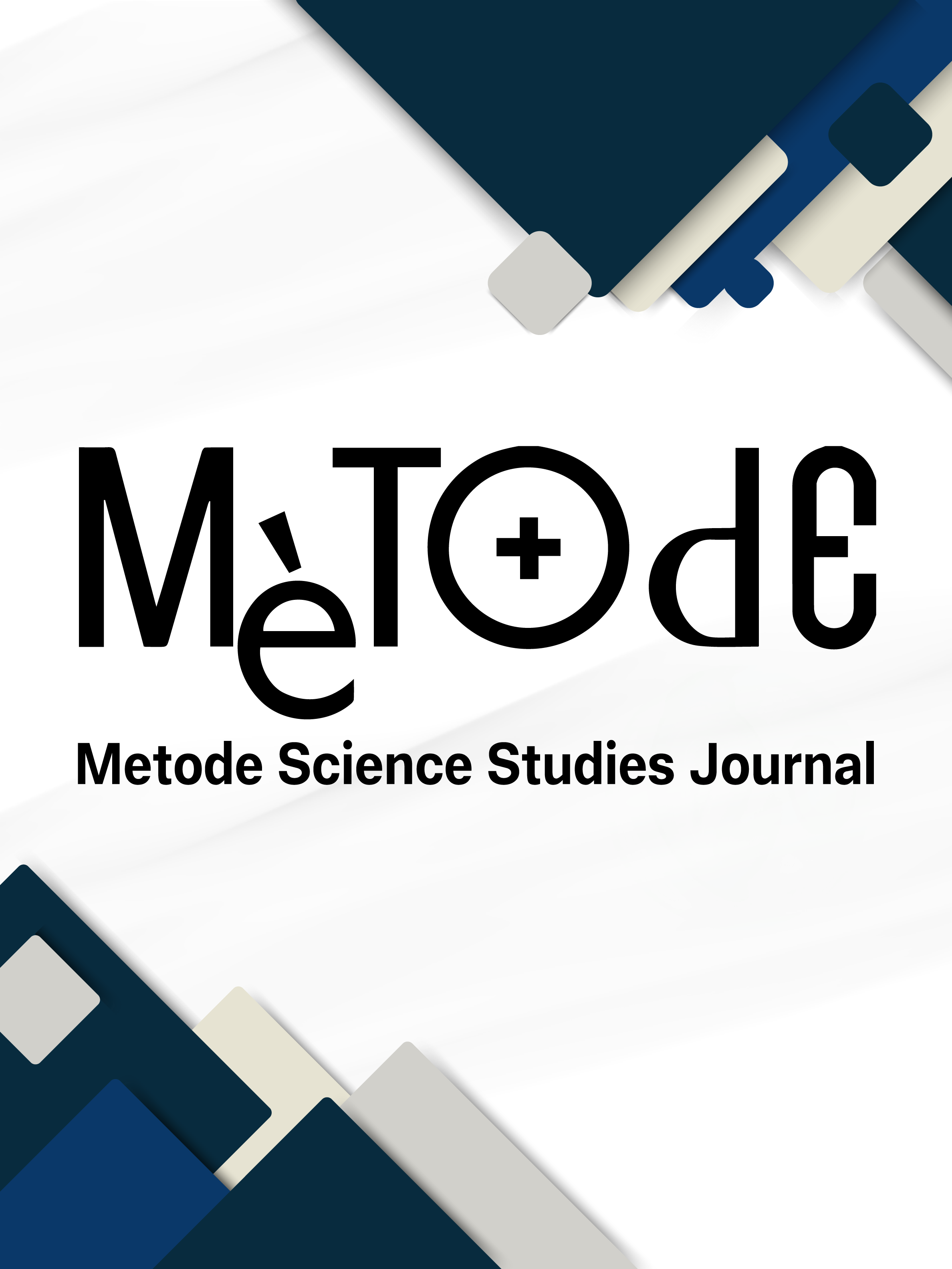A brief history of recreational physics: A discipline with a glorious past and a promising future
DOI:
https://doi.org/10.7203/metode.15.27571Keywords:
recreational physics, history of physics, popularisation of physics, science entertainment Abstract
Abstract
One way of encouraging people's interest in physics is to provide them with rewarding experiences that stimulate their curiosity and at the same time encourage them to seek an explanation for the phenomena they observe. These experiences need to be related to the everyday environment to show that basic but far-reaching physical knowledge is accessible without the need for sophisticated equipment. To this end, recreational physics seamlessly blends science, entertainment and outreach by incorporating experiments and games that appeal to people of different ages and educational backgrounds. In this article, we review the most notable documents, authors and activities in recreational physics to show how this discipline has evolved over the centuries and where it stands today.
 Downloads
Downloads
 References
References
Averbuj, E. (1986). Ciencia recreativa: volver a los clásicos. Cuadernos de Pedagogía, 143, 94–95.
Bonner, A. (2013). Comunicación privada.
Càndito, C. (2016). Jacques Ozanam (1640–1718). In M. Cigola (Ed.), Distinguished figures in descriptive geometry and its applications for mechanism science. From the middle ages to the 17th century, pp. 223–248. Springer. https://doi.org/10.1007/978-3-319-20197-9_10
Carrasquer, C., Ponz, A., Álvarez, M. V., & Uría, J. (2013). Historia de los nombres del diablo cartesiano. Studivm: Revista de Humanidades, 19, 75–96.
Estalella, J. (1918) Ciencia recreativa. Enigmas y problemas, observaciones y experimentos, trabajos de habilidad y paciencia. Gustavo Gili.
Estrada, A. (1935). Física recreativa. Seix y Barral Hermanos.
Faraday, M. (1861). A course of six lectures on the chemical history of a candle. Griffin, Bohn and Company.
Fra Noi, (n.d.). Ciencias y paciencias del calaix d’un sabi. Antoni López Editor.
García-Molina, R. (2011). Ciencia recreativa: un recurso didáctico para enseñar deleitando. Revista Eureka sobre Enseñanza y Divulgación de las Ciencias, 8 (Núm. Extraordinario), 370–392.
Gardner, M. (1998). Un cuarto de siglo de matemáticas recreativas. Investigación y Ciencia, 265, 50–57.
Heeffer, A. (2006). Récréations mathématiques (1624). A study on its authorship, sources and influence. Gibecière, 1(2), 77–167.
Leurechon, J. (1624). Récréations mathematiques: composée de plusieurs problèmes plaisants et facétieux. En faiet d’arithmetique, geometrie, mechanique, optique, catoptrique & autres parties de cette belles science. Jean Appier Hanzelet.
Llull, R. (XXXX). Fèlix o Llibre de meravelles. (Original published c. 1290). Universidad Nacional de Educación a Distancia.
Magiotti, R. (1648). Renitenza certissima dell’acqua alla compressione. Dichiarata con varij scherzi, in occasion d’altri problemi curiosi. Francesco Moneta.
Ozanam, J. (1694). Récréations mathématiques et physiques, qui contiennent plusieurs problêmes d’arithmétique, de géometrie, d’optique, de gnomonique, de cosmographie, de mécanique, de pyrotechnie, & de physique. Avec un traité nouveau des horloges elémentaires. Jean Jombert.
Pablo, J. (1981). Presentación: Imaginación y ciencia. In G. Tissandier, Recreaciones científicas, p. VII-XIII (original work published in 1880). Alta Fulla.
Pepys, S. (1825). Memoirs of Samuel Pepys. Esq. F.R.S. Henry Colburn.
Perelman, Y. (1968-1969). Física recreativa. Tomos I y II (Obra completa). Editorial Mir.
Robert-Houdin, J. E. (1887). Magia y física recreativa. Pascual Aguilar Editor.
Sablonnière, C. (2015). Les récréations scientifiques: diffusion et succès de l’oeuvre de vulgarisation de Gaston Tissandier en Espagne à la fin du XIXe siècle. Amnis, 14. https://doi.org/10.4000/amnis.2513
Sensat de Ferrer, R. (1923). Les ciències en la vida de la llar. Publicacions de l’Editorial Pedagògica.
Sim Sala Bim. (n.d.). Colección digital que recoge una selección de casi 200 libros –fechados entre 1733 y 1940– de entre los más de 2000 del fondo de ilusionismo de la Fundación Juan March. https://www.march.es/es/coleccion/sim-sala-bim
Tissandier, G. (1880). Les récréations scientifiques, ou l'enseignement par les jeux. La physique sans appareils, la chimie sans laboratoire, la maison d'un amateur de science, la science apliquée a l’économie domestique, etc. G. Masson.
Tom Tit (1890, 1892, 1894). La science amusante (Première série, Deuxième série, Troisième série). Librairie Larousse.
Yesares Blanco, R. (n.d.). Física recreativa. Librería Bergua.
Wagensberg, J. (2007). El gozo intelectual. Teoría y práctica sobre la inteligibilidad y la belleza. Tusquets.
Walker, J. (1979). Física recreativa. La feria ambulante de la física. Limusa.
Downloads
Published
How to Cite
-
Abstract431
-
PDF69
Issue
Section
License
![]()
All the documents in the OJS platform are open access and property of their respective authors.
Authors publishing in the journal agree to the following terms:
- Authors keep the rights and guarantee Metode Science Studies Journal the right to be the first publication of the document, licensed under a Creative Commons Attribution-NonCommercial-NoDerivatives 4.0 International License that allows others to share the work with an acknowledgement of authorship and publication in the journal.
- Authors are allowed and encouraged to spread their work through electronic means using personal or institutional websites (institutional open archives, personal websites or professional and academic networks profiles) once the text has been published.





